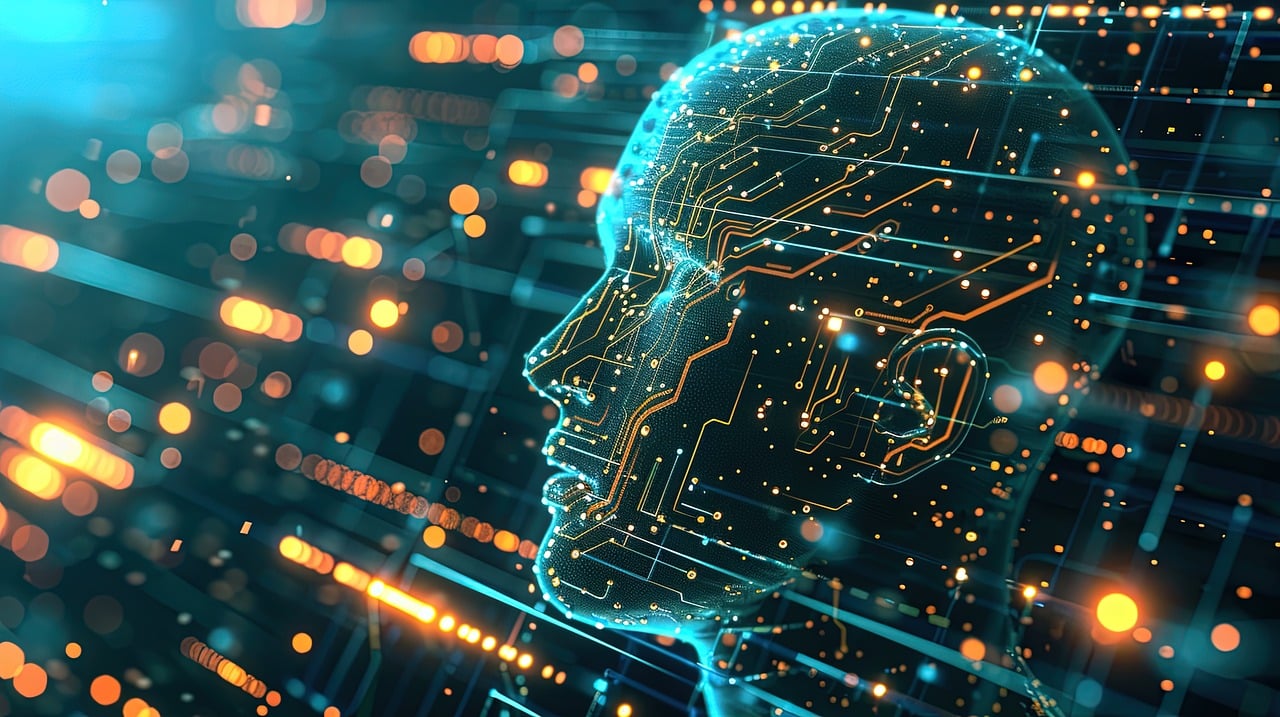 AI
AI
 AI
AI
 AI
AI
Collaboration software company Asana Inc. today unveiled artificial intelligence teammates, a new suite of generative AI-enabled bots that will be able to collaborate alongside teams just like coworkers to help them get their work done more quickly.
AI teammates will be able to advise workers on priorities, generate workflows and even automatically complete complex tasks on demand taking the burden of mundane drudgery out of the hands of employees. Asana said these new teammates will also adapt to the unique needs of employees and teams based on work context.
“The future of work is about bringing humans and AI together effortlessly — this is the way to drive productivity and innovation gains that bring value to the bottom line,” said Dustin Moskovitz, co-founder and chief executive at Asana.
Asana’s secret sauce is what the company calls the Work Graph, a data model that captures historical relationships and context across all teams, work and workflows within an organization. By drawing from all this data, an AI teammate can understand a holistic view of what an employee or team needs when they call it up, the company said, unlike other AI solutions that need to mine vast oceans of data to glean insights.
“This unique scaffolding approach to an organization’s work is what makes it possible for AI teammates to be highly effective coworkers,” added Moskovitz.
The AI teammates can be tailored to the specific roles that they will take on, such as resource planning, product launches, strategic planning, new hire onboarding, marketing creative production and more. For example, an advertising worker could use an AI teammate to triage incoming requests to identify missing assets and proactively gather them, and then intelligently assign work to specific designers based on skillsets and their current workload. The same AI teammate could also assist with after-action reports on key metrics, helping to reduce the paperwork and provide insights into the impact of campaigns based on the work done.
Asana also announced a chat interface for AI teammates that allows users a sophisticated conversational experience with their virtual bot colleagues for assistance. They can quickly pull them up and ask things such as, “What do you think might impede this goal and put it at risk?” or “Help me with the next steps.” The AI will respond with immediate steps to take and advise them on how to proceed.
The company launched its first generative AI solutions a year ago using large language models from OpenAI and Anthropic PBC. According to research done by Asana and Anthropic in a survey of over 5,000 knowledge workers released today in the U.S. over 57% of workers use AI tools at least weekly, up from 46% only nine months ago. Of those workers using AI, 69% said that generative AI tools gave them productivity gains – although AI literacy remains surprisingly low with 64% saying that they had little to no knowledge of generative AI tools.
“As organizations embrace AI, they see significant productivity gains and a shift in how work gets done,” said Dr. Rebecca Hinds, head of the work innovation lab at Asana. “Organizations that are more mature in their AI adoption journey harness AI differently, treating it as a collaborative teammate rather than just a tool.”
The concept of AI team members is trending currently in the industry with more companies rolling out their idea of how AI will work alongside everyday employees and augment their work. Examples include Atlassian Corp. Plc.’s Rovo, an AI assistant that adapts to the worker and allows users to roll out smart agents like virtual teammates, and Salesforce Inc.’s Einstein Copilot, a customizable AI assistant that works alongside employees using company data to complete complex workflows.
Support our mission to keep content open and free by engaging with theCUBE community. Join theCUBE’s Alumni Trust Network, where technology leaders connect, share intelligence and create opportunities.
Founded by tech visionaries John Furrier and Dave Vellante, SiliconANGLE Media has built a dynamic ecosystem of industry-leading digital media brands that reach 15+ million elite tech professionals. Our new proprietary theCUBE AI Video Cloud is breaking ground in audience interaction, leveraging theCUBEai.com neural network to help technology companies make data-driven decisions and stay at the forefront of industry conversations.